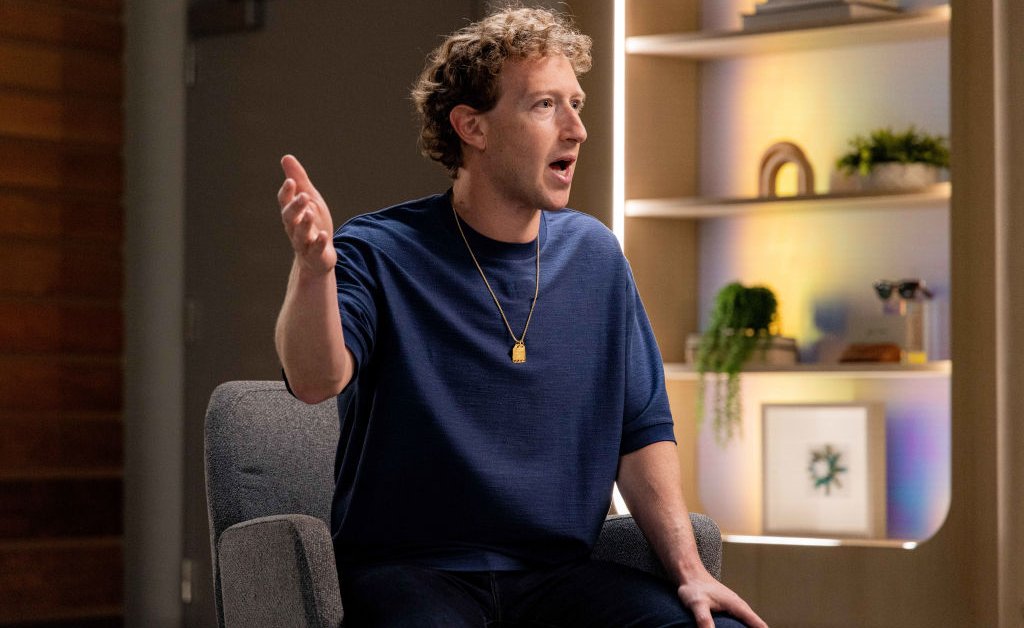In a letter to the U.S. House of Representatives, Meta Platforms Inc. CEO Mark Zuckerberg revealed that Facebook was pressured by the U.S. government to censor certain COVID-19 related content during the pandemic. Zuckerberg expressed regret over Meta’s decision to comply with these demands, stating that the government pressure was wrong. This revelation sheds light on the challenges faced by social media companies in balancing free speech with the need to combat misinformation and harmful content online.
Throughout the pandemic, Facebook faced criticism for removing posts that were deemed to contain misinformation about COVID-19, vaccines, and masking mandates. The platform took down over 20 million pieces of content within a year, sparking debate over the role of social media companies in content moderation. Zuckerberg’s acknowledgment of past instances where content moderation may have gone too far reflects a broader trend among social media executives who are reevaluating their approach to policing user-generated content.
The issue of content moderation has become a global concern, with governments and social media platforms grappling with how to regulate online speech while upholding freedom of expression. Some argue that social media companies should take a hands-off approach to content moderation, while others believe that stricter measures are necessary to prevent the spread of harmful content and criminal behavior online. The recent arrest of Telegram co-founder Pavel Durov in France highlights the challenges faced by messaging apps in combatting illegal content, such as child sexual abuse material.
As the U.S. presidential election approaches, Zuckerberg’s statement on government pressure to censor COVID-19 content on Facebook is likely to fuel discussions about the role of social media in shaping public discourse and political outcomes. The influence of social media platforms on elections and political debates has been a topic of concern in recent years, with calls for greater transparency and accountability in how these platforms moderate content. Zuckerberg’s acknowledgment of past mistakes in content moderation may signal a shift in Meta’s approach to handling controversial content on its platforms.
Overall, Zuckerberg’s admission of government pressure to censor COVID-19 content on Facebook sheds light on the complex challenges faced by social media companies in navigating the fine line between free speech and harmful content. The debate over content moderation will likely continue to evolve as social media platforms grapple with increasing pressure from governments, users, and civil society organizations to address issues such as misinformation, hate speech, and illegal content online. As these platforms continue to play a central role in shaping public discourse and political debates, finding a balance between protecting users and upholding freedom of expression will remain a key challenge for the tech industry.









